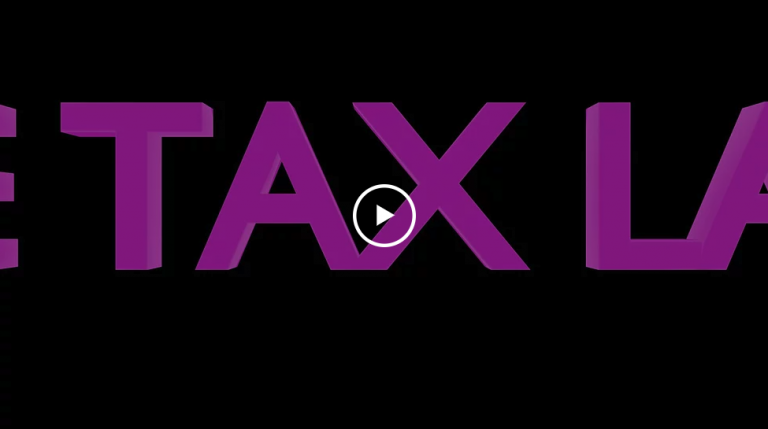Hello all!
My presentation is on the topic of assessing Canadian income tax on video game currency earnings. By way of background (in case you are baffled as to why anyone would ruin video games by talking about tax,) I am a student in the LLM in Taxation program at Allard. I am also a practicing lawyer and have dealt with some tax issues around virtual currency like bitcoin.
For context before you watch the presentation, the IRS (the US tax authority) has recently flip-flopped on the issue of taxing in-game earnings (this Forbes article provides a nice summary), while the CRA (the Canadian tax authority) has remained largely silent on the issue (this KPMG article provides some insight). For reasons that my alter-ego Dr. Taxine McTaxface explains in the video, a straightforward approach to the issue is not possible in the Canadian context due to both the manner in which our income tax legislation is drafted and the policy directives that have been issued by the CRA. I think that the issue will come to a head sooner rather than later as governments and the public become increasingly aware of the current and potential value of in-game earnings.
The video presentation was too large even in a compressed format to upload to the course website (limit is only 20 MB) so I have hosted it on a little media site that I run called The Legendaily Press. Please let me know if anyone encounters any problems with viewing it there.
Enjoy! I would be happy to engage in discussion here or at a future synchronous class.
Cheers,
Christine Arnold

 Communications Law
Communications Law
What a great presentation Christine! Despite having zero tax law knowledge you made it super engaging and easy to follow.
I was curious about the possibility of the windfall exception you mentioned in relation to chance and in-game earnings. You mentioned something entirely luck-based as qualifying as a windfall (ie lootboxes), whereas something consistent and predictable would not (ie doing a set activity always yielding the same reward). Where do you think something with an element of chance but high predictability might fall? For example, if someone was generating valuable in-game currency in an MMORPG primarily by repeatedly defeating the same enemy with a valuable loot drop, but the valuable loot had a relatively low chance of dropping. There would be an element of chance involved, but also hypothetically if the player repeatedly defeated this same enemy for a long period of time, at a certain point the overall rate of loot acquisition would be relatively predictable. Might this fall under the windfall exception? As you said in the presentation, it sounds like if the point of taxation was after currency conversion windfall is unlikely to apply to this scenario generally, so this is all very situational and hypothetical, but I’m curious what your thoughts are.
Thanks again for you presentation, it was wonderful!
Hi James! Thanks very much for the very kind feedback! 🙂
You have poked your finger straight into a gray area in Canadian income tax law (to be fair, there seem to be more gray areas than not.) There are many cases dealing with the kind of question that you raised and basically the only consistent and coherent theme running through the decisions is that the winnings of gambling, which is generally described as playing any game of chance (more chance than skill) are excluded as income as long as the game is not being played professionally or adjunct to a business (e.g. a racetrack owner betting on races).
I think that the scenario that you described could reasonably be argued both ways, but if I had to come down on one side I think I would say that the winnings are from playing a game of chance; the fact that over time a particular probability emerges does not change the fact that the result of each kill looked at in a vacuum is up to chance as far as the player is concerned. For example, based on the case law the winnings from a game of heads-or-tails would be considered a windfall despite the fact that the probability of each of the possible results (heads or tails) is known (50%).
However, the courts have also specified at times that the windfall exception only applies when the game is played as a hobby. Unfortunately it is not clear whether this is simply describing the alternative to playing professionally or whether “not a hobby” is in fact a third category. If there is a third category, then perhaps you could argue that the person in your scenario is not playing as a hobby given the deliberateness and repetition of play even though s/he may not be gambling professionally, and s/he would therefore not be captured by the windfall exception. I think that this can truly be persuasively argued either way.
I trust that this answer has been clear as mud and very satisfying :p In all seriousness, I’m intending to write my paper on this topic and you have brought up a few new avenues for me to explore, so thanks a lot!
Cheers,
Christine